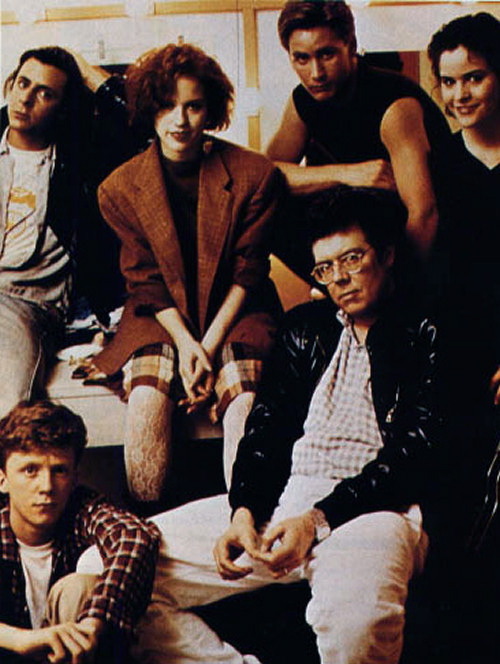It’s Like, Ya Know: Unspeakable Speech & You, Part 2
Ali Wilson
It’s inevitable. No matter what career you’ve chosen, you’re going to be speaking to others, and speaking often. In order to further your career, the speech you use will need to be of similar integrity to the speech of those who can provide you with upward mobility. Now, don’t panic. This doesn’t mean you’ll need to drastically augment your vocabulary overnight, nor does it imply that you’ll need to conform to a highfalutin American accent. There are many more practical ways to tailor your speech, and a simple place to begin is with the elimination of “empty language”.
Most of us are guilty of inserting meme-based empty language into our everyday speech and business discussions (myself included). Let’s face it: if we all spoke the way we wrote, we would come off as dry, robotic, or even condescending. But as I sit here “hiding behind the pen”, the empty speech of others becomes increasingly manifest, and the directions it has taken border on the absurd. Consider some common examples, and try to catch yourself using them in conversation.

Just Say It
Generation X had the “Brat Pack” movies of John Hughes to help perpetuate pop culture talk in the ‘80s. Fast-forward to today, and much of that "filler speech" has permeated the mainstream. If you abuse the following terms, keep in mind that your well-spoken colleagues may be judging you accordingly:
"I Mean": If you know what you mean, by all means…say it. But in the process, avoid preceding a statement with the words “I mean”. This sort of filler is unnecessary, and its use robs you of credibility with others.
"Ya Know": If I knew, you wouldn’t need to tell me. Constantly checking in with people’s capacity to catch your drift can be at once annoying and patronizing, regardless of how craftily it garnishes your speech. Interestingly enough, “ya know” is often found in cahoots with its equally senseless cousin “I mean”.
"Like": We’re all familiar with the word that used to be primarily a verb, but amongst teenagers, gets crammed haphazardly between every third word of every sentence. To everyone's misfortune, many of us adults haven’t outgrown the habit. If you know who you are, take a deep breath, reexamine the way you speak, and, like, drop the word “like” from your vocabulary.
So Much Said, So Little Conveyed
Today’s speech is also laced with empty catch-phrases, some of which state the apparent, and others which give the opposite impression that you intended. Here are a couple of doozies; each time you’re compelled to use them in business conversation or socially, bite your tongue!
"Truth be told": Much like with its arrogant cousin “believe me when I tell you”, using “truth be told” as a declaration that what is about to be said is the “god’s honest truth” is a fail-safe means of compelling your listener to think just the opposite. Humble up, and be part of the solution.
"It is what it is": I’m not quite sure who set this one into motion, but I think his name is Captain Obvious. To its credit, the idiomatic “it is what it is” is likely a poetic attempt at describing the nature of an unfortunate circumstance. The problem is it’s a little light on the poetry. General rule: if you’re tired of hearing it, you probably shouldn’t be using it.
Check back soon for my 3rd installment of language-gone-wild. Need a hint of what’s to come?: Say it isn’t SO.
Click Here to read Part 1 of this blog series on Unspeakable Speech.


